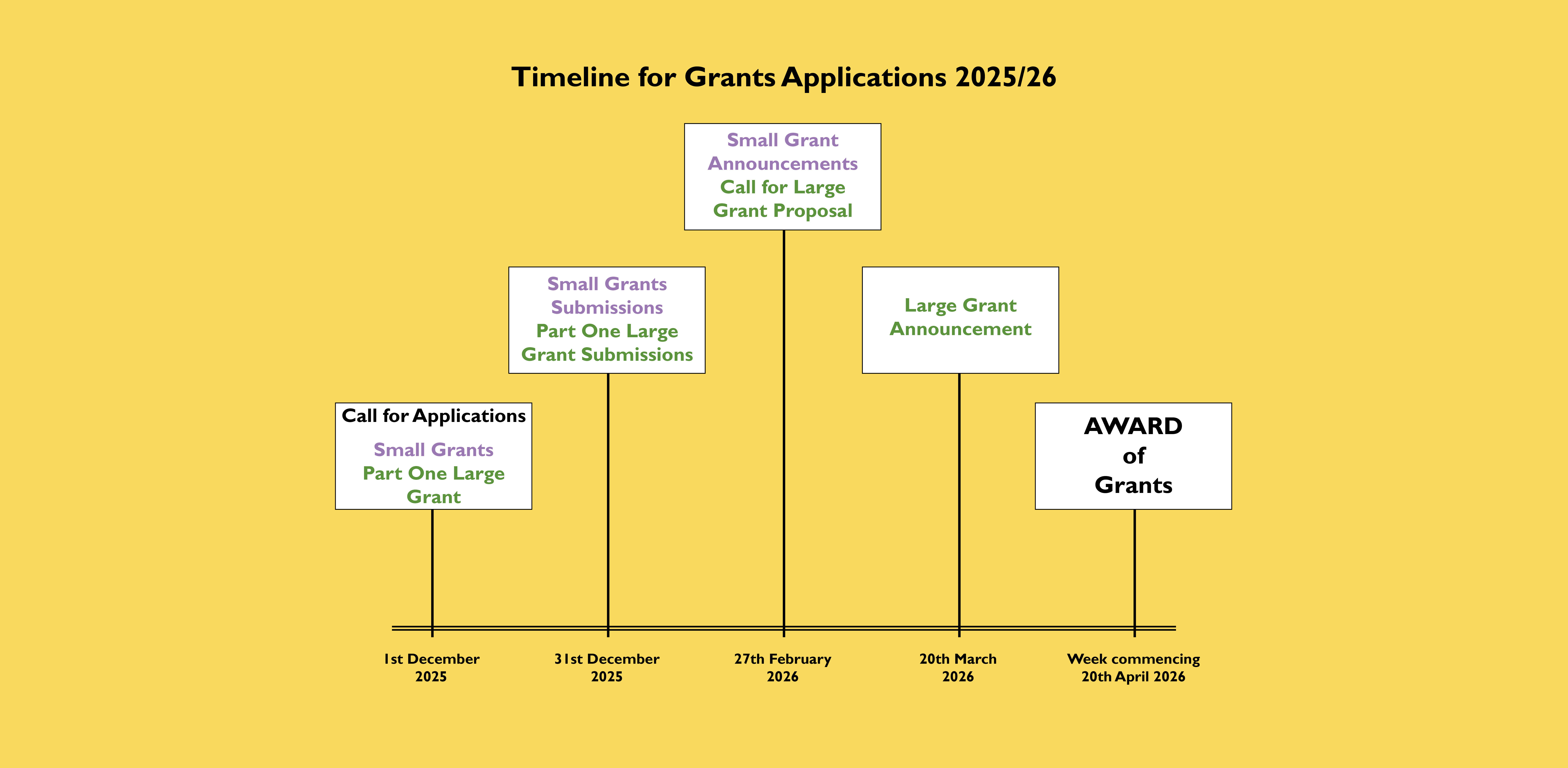The Della Fish Foundation : Charity number 1204680 enquiries@thedellafishfoundation.co.uk
The Della Fish Foundation : Charity number 1204680 enquiries@thedellafishfoundation.co.uk
The objects of The Della Fish Foundation are to promote, help develop and advance medical education for the public benefit. The founders want a (but not exclusive) focus on postgraduate medical education guided by the understanding of worthwhile education in the Moral Mode of practice.

We welcome your application. Please look carefully at the criteria provided to be sure your applicant team and application meet the stated criteria. Unfortunately, we cannot comment on whether specific applications or application ideas meet the criteria, since this is a group decision made by a panel of reviewers but do let us know if the criteria are unclear.
The assessors’ decision is final for all awards and no correspondence will be entered into regarding the outcome, other than providing the applicant with the result and the assessors’ feedback.
Hermeneutics in Healthcare: Incorporating Meaning into Healthcare Practice and Education.
Dr Rupal Shah (GP Partner, Bridge Lane Group Practice London; Associate Dean Professional Development Team NHSE-WTE, London) and Dr Bob Clarke (retired GP and medical educator).
Training for dialogue and compassion in a polarised world.
Professor Dina Kiwan, Professor of Comparative Education, College of Education, University of Birmingham; Dr John Launer, Training Programme Director for Educational Innovation, NHS England Workforce, Training and Education Directorate; Honorary Consultant, Tavistock and Portman NHS Trust; Honorary Associate Clinical Professor, University College London Medical School; Dr Nadia Dabbagh, Consultant Child Psychiatrist; Chief of Division, Paediatric Mental Health, Dubai Health; Dr Dita Wickins-Drazilova, Associate Professor, University of Birmingham Medical School; EDI Lead on MBchB programme; Dr Rob Senior, Consultant Child and Adolescent Psychiatrist, Tavistock and Portman NHS Trust; Professor Amanda Howe OBE, Emeritus Professor of Primary Care, University of East Anglia; Past President of World Organisation of Family Doctors(WONCA.)
Getting to the heart of patient stories: developing doctors’ use of narrative inquiry for praxis and phronesis in postgraduate medical education.
Anne Chappell Reader and Head of the Department of Education And Tracey Collett Associate Professor in the Sociology of Health and Illness, Peninsula Medical School.
Masterclass Professor Paul McGee to attend a foundation doctors teaching half day.
Dr Lyndsay Cheater (FPD 3 year tenure), Jan Ellis, Med Ed Manager & Zoe Jones, Foundation Programme Administrator.
Investigating the impact of spiritual education on medical students wellbeing and practice.
Dr Nicola Tuppen Clinical Teaching Fellow Birmingham Medical School.
The Ethics of Money in Medicine.
Professor Gillian Conde, Birmingham Medical School.
Understanding postgraduate educational needs in relation to environmentally sustainable healthcare and the potential for new provision to address these; a
qualitative study from Cambridge, England.
Dr Rebecca Davis, Climate Change Medical Education Fellow & GP, Cambridge.
Wise faculty nurturing wise learners; a qualitative exploration of how faculty teach phronesis through simulation based education for healthcare professionals.
Jeremy Reid, Registrar in ENT Surgery, University Hospitals Birmingham, NHS England Simulation and Digital Learning Fellow, MEd student, Healthcare Professional Education, University of Birmingham.
Reflethics.
Paquita de Zulueta
Imperial College, London.
Evaluating how teaching final year medical students about personhood influences their own development and aspirations for professional practice.
Ross Bryson, General practioner, Birmingham.